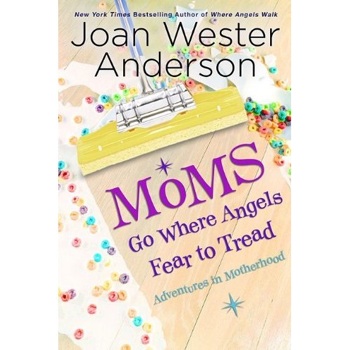There were so many interesting, insightful, and compassionate responses on the combox of my post, “What Do I Do About a Toxic Friend?” If you are struggling with this yourself, you have good company. You can get to the comments by clicking here. Among them:
I think your story illustrates how important it is for us to look at our own roles in creating the “toxic relationships” we’re in. It’s easy for us to label another person as “toxic” but that denies our own responsibility for how we relate with them — how we agree to be “used” by them, how we withhold our anger at them, and so on. –Chris Edgar
How wonderful that you figured out “what motivated you” to deal with your friend. Abuse comes in many forms- from different people or places. My definition of abuse: “anything that hurts us or makes us compromise ourselves and core values.” We would never drink poison- so, I think removing toxic people from our lives is as simple as making a healthy choice “to live”. We all deserve loving relationships and to be cared for. –Anonymous
I recently ended a 30 friendship because I got sick of our “friendship” always being about her. It was also ‘a place for her to boast’. I’ve been for years her poor relative. It ended badly and I handled the whole thing poorly. For that I’ve been asking God for forgiveness. However, I’ve have also been asking Him for counsel regarding whether or not I’m doing the right thing by ignoring her attempts to reconnect. –Debra
There is no getting away from toxic people, and it was a huge AH! moment for me when I realized I was as toxic to some people, as they were to me. I also came to understand that many of my relationships were forged out of “like pain.” We are attracted to people who are on the same level of emotional pain as our self. This explained why my relationships were so dysfunctional: marriage, best-friends, family relationships, etc. I was in pain! As I learned to heal from the wounds of my past, which by the way is a choice, my relationships changed and healed also. –Anonymous
To return to the comments, click here.
* Click here to subscribe to Beyond Blue and click here to follow Therese on Twitter and click here to join Group Beyond Blue, a depression support group. Now stop clicking.

